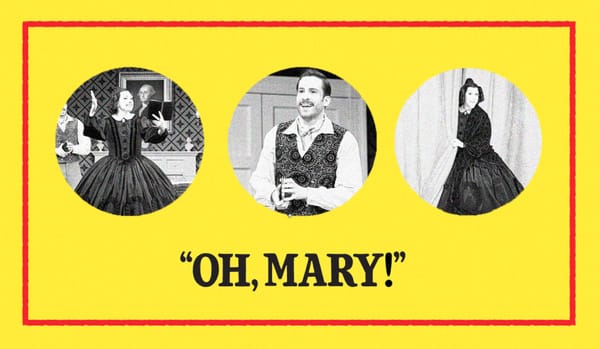The radical, defiant legacy of Stonewall veteran Miss Major
Eliel Cruz reflects on Miss Major’s blueprint for liberation: rage, love and unwavering care for her community.
Eliel Cruz reflects on Miss Major’s blueprint for liberation: rage, love and unwavering care for her community.

Words by Eliel Cruz
In the early morning of June 28th, 1969, as the riots at Stonewall Inn began in response to the police surveillance and violence, Miss Major Griffin-Gracy clashed with a cop, took his mask off, and spat in his face. She had previously dealt with police, arrested for sex work (or “hooking”, as she’d say), and knew it was better to pass out than to fight and continue to get beaten. “He knocked my ass out,” she told SF Weekly in 2015. “That's the last thing I remember. When I woke up, I was in the Tombs, and the next day they just let us all out.” That night, alongside other Stonewall veterans – Marsha P. Johnson, Sylvia Rivera, Stormé DeLarverie, and countless others – they revolted against the state’s violence and began an uprising credited as a catalyst for the modern LGBTQIA+ movement.
On October 13th, Miss Major passed away, somewhere between the ages of 76 and 84 (as any true doll, she rarely gave her exact age), alongside her loved ones, after battling sepsis and a blood clot. She was survived by her partner, Beck Witt Major, and her blood and chosen children and grandchildren, and a community worldwide that revered her as a matriarch to trans people everywhere. As LGBTQIA+ people mourn her loss, we must also remember what a privilege it is to have had her leadership for the last eighty-something years, and commit to honoring and continuing her radical and defiant legacy, and the lessons she leaves behind.
Community First & Always
It was a gift to meet Miss Major last year in Washington, D.C., at the Gender Liberation March, a march I co-organized, where she was a featured guest and speaker. In her remarks, she reminded us to lean into community because "no one cares about us like we do."



